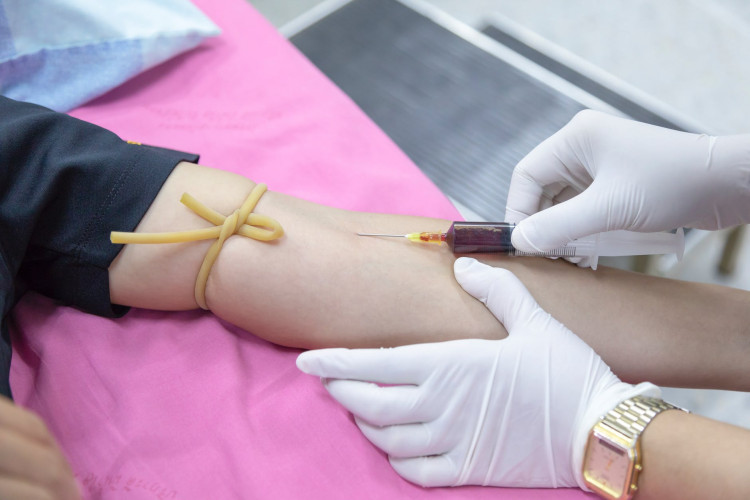When it comes to Alzheimer's disease, medical practitioners advise several medications as treatment. Some of these medications include Donepezil (Aricept) and Rivastigmine (Exelon).
Unfortunately, no matter the dosage is, there is still no single drug available in the market at present that could cure Alzheimer's disease or other types of dementia hundred percent. These drugs are only created just to relieve some of the patients' symptoms, such as memory loss. But never the medicines have been used to alter the progression of the disease, according to Alzheimer's Society.
Experts say, one of the reasons why Alzheimer's is difficult to treat is basically because of how hard it is to identify the disease during its first phase. Since the disease is often detected late, most of the brain neurons are already damaged, which makes it harder for the experts to fix. Some are even impossible to rebuild.
Given this, the need to detect Alzheimer's disease as early as possible has been the focus of the experts in the medical field. By detecting the disease early before any symptoms appear, doctors will be able to protect the brain neurons against damage more. Treatments and medications will be more effective to slow down and protect the brain from the disease.
After several decades of studying and searching for a way to detect Alzheimer's disease early, finally, the experts were able to discover how blood can be an important tool. Detecting the disease through blood is made possible by identifying a specific protein known as amyloid, which acts as a trademark of the disease.
Aside from detecting Alzheimer's early, this procedure also enables a more accurate, less invasive, less costly, and faster form of testing for amyloid. Current methods include "taking samples of cerebrospinal fluid and PET imaging of the brain," as revealed by TIME.
The experts behind this breakthrough are from Washington University School of Medicine in St. Louis. They've posted the summary of their study in the journal entitled Neurology. In their newly discovered procedure of testing amyloids, with the results that would reveal 94% accuracy, researchers are hoping for more people to get detected early.
These researchers were able to come up with this discovery after studying about 158 people ages 50 years and more. Though most of these people were healthy at the beginning of the study, researchers found out four years later, some of them showed symptoms of Alzheimer's.
During the study, researchers gathered blood samples from all the participants. Those who have contracted the disease have undergone brain's PET scan and also extracted samples of cerebrospinal fluid too. The results revealed the participants' blood samples, PET scan, and samples of cerebrospinal fluid have signs of the protein amyloid.






